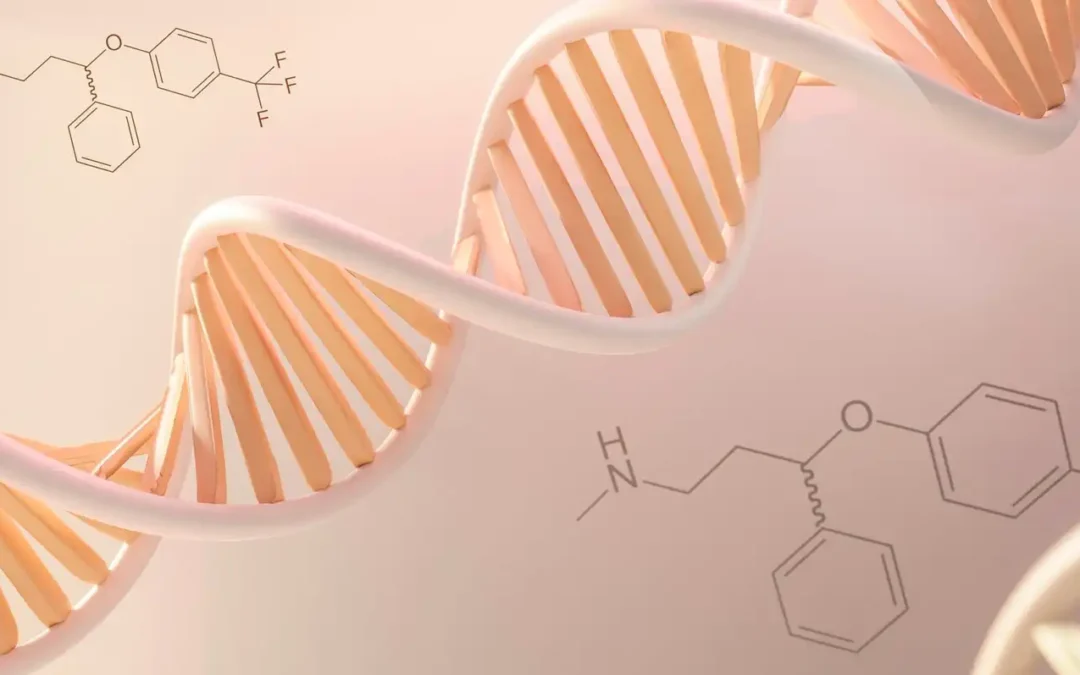Epigenetics has emerged as a pivotal area of research, revealing how genetic expression is regulated without altering the DNA sequence. This dynamic layer of gene regulation plays a critical role in development and stem cell biology, influencing processes from embryogenesis to tissue regeneration. By understanding the epigenetic mechanisms governing these processes, scientists are uncovering profound insights into human biology and potential therapeutic applications.
What is Epigenetics?
Epigenetics refers to heritable changes in gene expression that do not involve alterations to the DNA sequence. These changes are mediated by mechanisms such as:
- DNA Methylation: The addition of methyl groups to cytosine bases in DNA, often leading to gene silencing.
- Histone Modification: Chemical modifications to histone proteins, including acetylation, methylation, and phosphorylation, which influence chromatin structure and gene accessibility.
- Non-Coding RNAs: RNA molecules that regulate gene expression by targeting mRNA or chromatin structures.
These mechanisms create an intricate regulatory network that determines when and where genes are expressed, enabling cells with identical DNA to perform vastly different functions.
Epigenetics in Development
During development, epigenetic mechanisms orchestrate the intricate process of turning a single fertilized egg into a complex organism. Key roles include:
- Cell Differentiation Epigenetic modifications guide stem cells to differentiate into specialized cell types by activating lineage-specific genes and repressing others. For example, DNA methylation patterns help establish neuronal versus muscle cell fates.
- Tissue-Specific Gene Expression Epigenetic marks ensure that genes are expressed in a tissue-specific manner. For instance, liver cells express enzymes for detoxification, while pancreatic cells produce insulin.
- Imprinting Genomic imprinting, an epigenetic phenomenon, ensures the parent-specific expression of certain genes. Dysregulation of imprinting can lead to developmental disorders such as Prader-Willi and Angelman syndromes.
- X-Chromosome Inactivation In female mammals, one of the two X chromosomes is epigenetically silenced to achieve dosage compensation, a process mediated by DNA methylation and histone modifications.
Epigenetics in Stem Cell Biology
Stem cells, with their unique ability to self-renew and differentiate, are tightly regulated by epigenetic mechanisms:
- Maintaining Pluripotency Pluripotent stem cells exhibit a distinctive epigenetic landscape characterized by:
- Low levels of DNA methylation.
- Bivalent chromatin domains, which keep genes poised for activation or repression.
- Expression of non-coding RNAs like microRNAs (miRNAs) that maintain stemness.
- Differentiation Differentiation is accompanied by widespread epigenetic reprogramming, with:
- Increased DNA methylation of pluripotency genes.
- Histone modifications that activate lineage-specific genes.
- Reprogramming Induced pluripotent stem cells (iPSCs) are generated by reprogramming somatic cells through epigenetic alterations. Understanding and refining this process has enormous implications for regenerative medicine.
- Aging and Epigenetics Epigenetic changes, such as DNA methylation drift, contribute to stem cell aging. Strategies to reverse these changes could rejuvenate aged stem cells and improve their therapeutic potential.
Epigenetic Dysregulation and Disease
Epigenetic abnormalities are implicated in a variety of developmental disorders and diseases, including:
- Cancer: Aberrant DNA methylation and histone modifications can activate oncogenes or silence tumor suppressor genes.
- Neurodevelopmental Disorders: Epigenetic dysregulation contributes to conditions like Rett syndrome and autism spectrum disorders.
- Cardiovascular Diseases: Epigenetic changes influence the development of heart disease and hypertension.
- Metabolic Disorders: Epigenetic modifications impact genes involved in obesity and diabetes.
Therapeutic Applications of Epigenetics
Harnessing the power of epigenetics offers promising avenues for treatment:
- Epigenetic Drugs
- DNA Methyltransferase Inhibitors: Used to treat certain cancers by reversing hypermethylation of tumor suppressor genes.
- Histone Deacetylase Inhibitors: Promote chromatin relaxation and reactivation of silenced genes.
- Regenerative Medicine
- Epigenetic manipulation can improve the efficiency of iPSC generation and enhance stem cell differentiation.
- Personalized Medicine
- Epigenetic profiling can predict individual responses to therapies and guide personalized treatment plans.
Current Challenges and Future Directions
Despite significant progress, challenges remain:
- Complexity of Epigenetic Regulation: Understanding the interplay between various epigenetic marks is crucial for unraveling their roles in development and disease.
- Reversibility: While epigenetic changes are reversible, precisely targeting these modifications without off-target effects is challenging.
- Technological Limitations: Advances in single-cell epigenomics and high-resolution imaging are needed to explore epigenetic dynamics at unprecedented scales.
Future research will likely focus on:
- Deciphering the epigenetic code during early development.
- Developing targeted epigenetic therapies for regenerative medicine.
- Exploring the role of environmental factors, such as diet and stress, in shaping the epigenome.
Conclusion
Epigenetics bridges the gap between genotype and phenotype, offering a deeper understanding of how genetic information is dynamically regulated. In the context of development and stem cells, epigenetics provides the blueprint for cellular identity and function. As technology advances, the ability to manipulate the epigenome holds immense promise for treating diseases, enhancing regenerative medicine, and unraveling the complexities of life itself.
If you’re interested in stem cells and epigenetics, you should visit As Designed Wellness in Dana Point, Orange County, CA. To arrange a consultation in advance, use this form or contact us by phone at (949) 412-6815.

